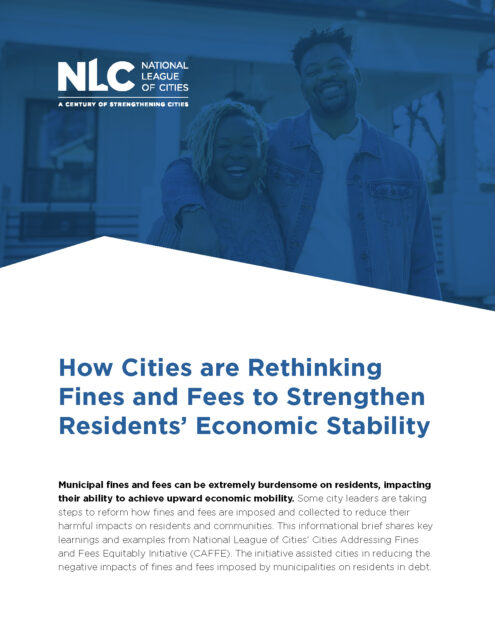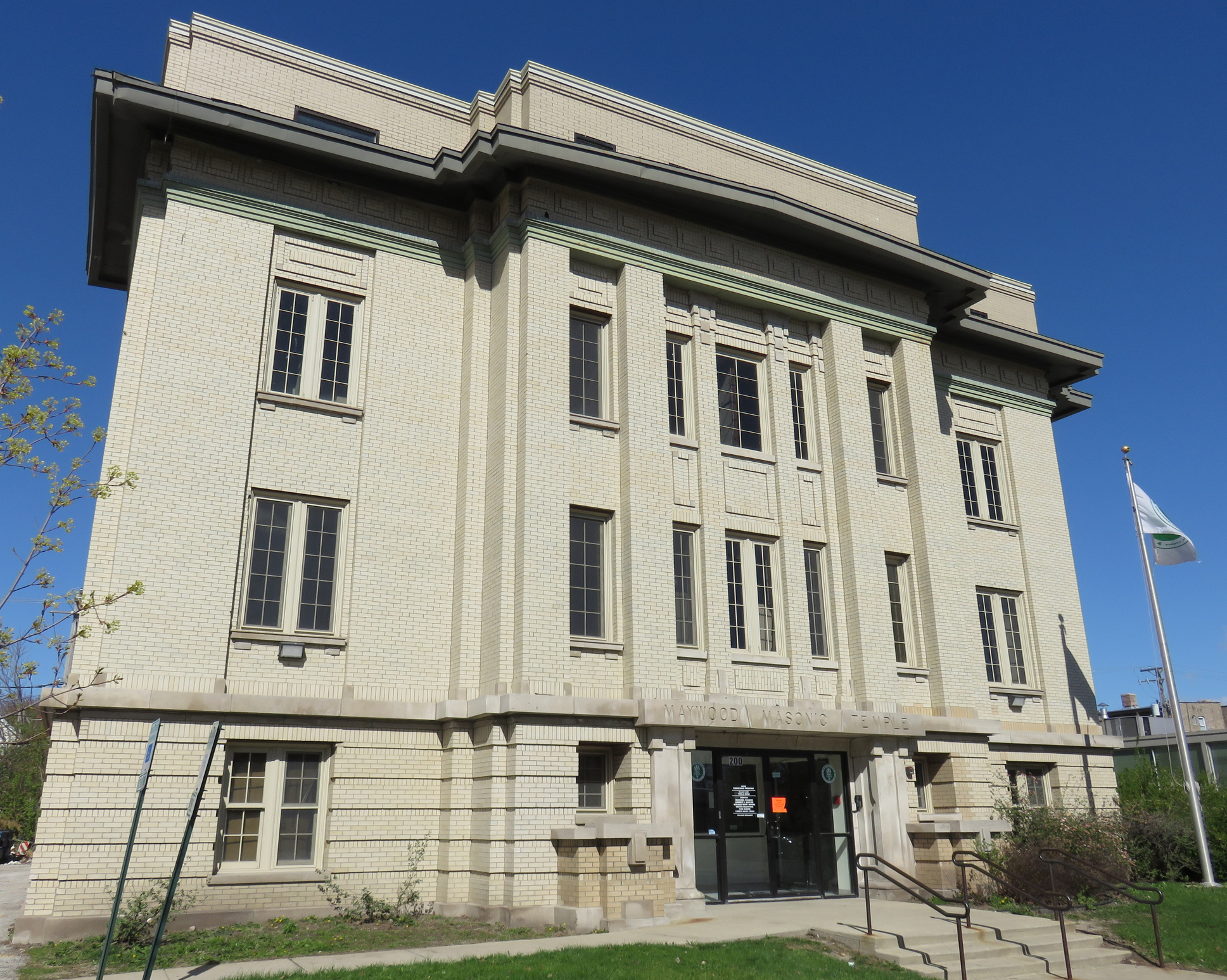Fines and fees levied on residents by municipalities, including court fees, traffic or code enforcement violation fines, or unpaid bills for city services, can significantly undermine families’ upward economic mobility.
Economic mobility is often described as how a person’s economic well-being changes over a lifetime. As a person’s income increases, they are considered upwardly mobile. Municipalities can improve their residents’ economic standing over time by helping households meet basic needs, build savings, and accumulate wealth. Unpaid fines and fees can quickly multiply, impacting residents’ ability to maintain a solid financial footing, and can result in escalated fines, driver’s license suspensions, or even incarceration.
Debt collection practices used by cities that do not take into account residents’ ability to pay can further exacerbate this severe strain and can threaten the economic mobility of individuals. The economic instability resulting from fines and fees can have long-term detrimental impacts on families, creating barriers to employment, housing, food access, medical care, and overall wellbeing. This informational brief shares key learnings and examples from the National League of Cities’ Cities Addressing Fines and Fees Equitably Initiative (CAFFE). The initiative assisted cities in reducing the negative impacts of fines and fees imposed by municipalities on residents in debt.









